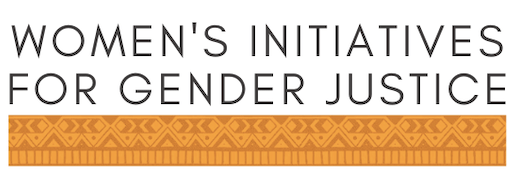Bridging the Gap : Women in Kenya call for strengthening police response to sexual and gender-based violence
Bridging the Gap: Reinforcing Gender Desks in Nairobi, produced by the Young Women’s Leadership Institute (Kenya) (see also here) with the support of the Women’s Initiatives for Gender Justice in collaboration with WITNESS, features interviews with victims/survivors of rape, medical …
